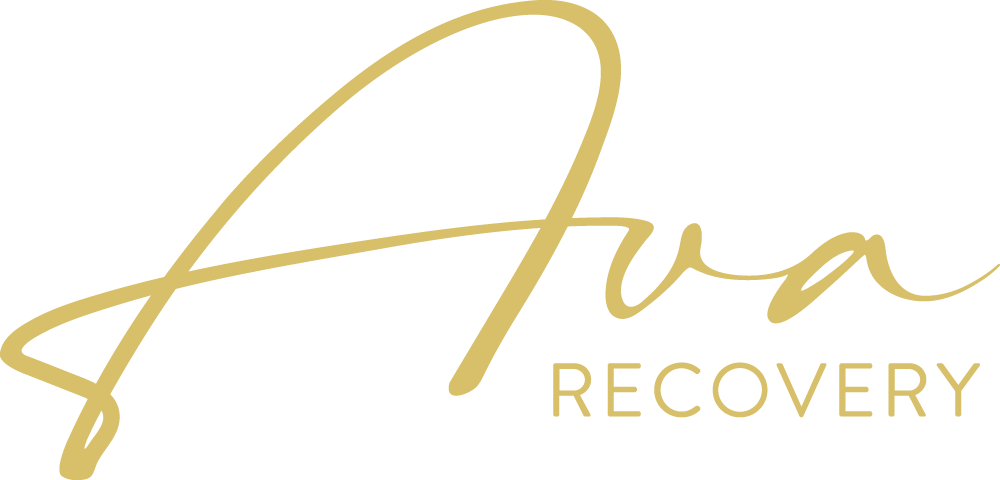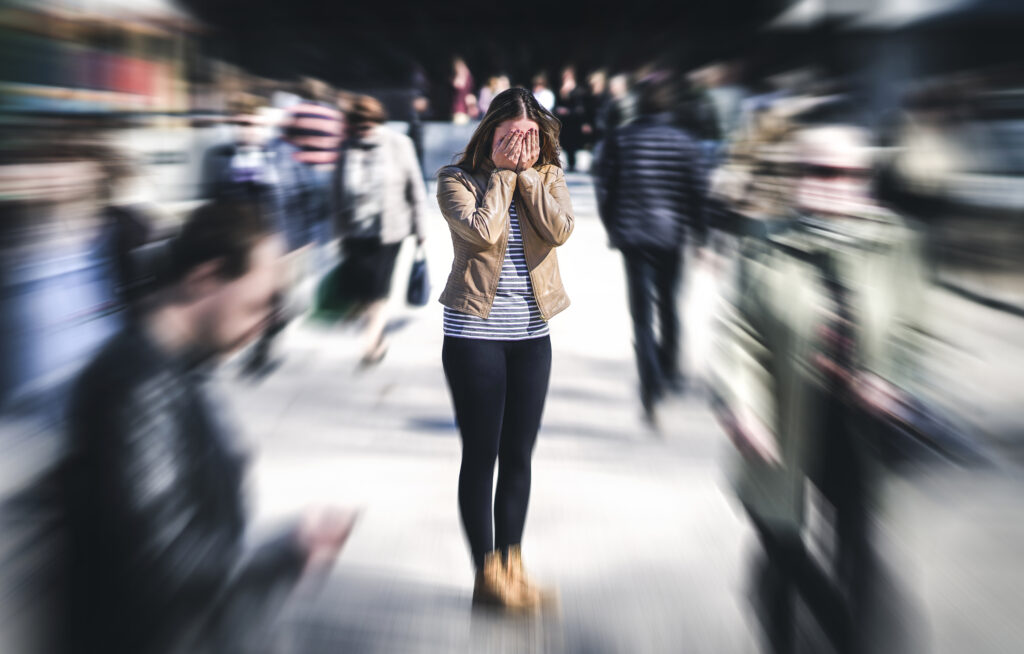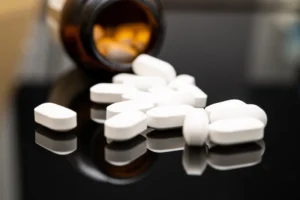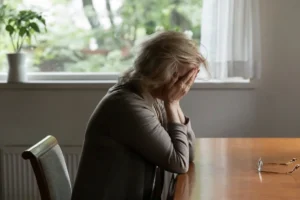Anxiety is something that everyone will face from time to time, but being diagnosed with anxiety disorder can take a serious toll on a person’s life. If you or a loved one is suffering from chronic anxiety, it’s important to see a doctor to determine if you are suffering from a diagnosable anxiety disorder. Understanding the difference between the various disorders can ensure you get the help you need to live a healthy life.
What Are the Different Types of Anxiety Disorder Explained
Anxiety disorders are the most common type of mental illness. It is estimated that 18% of US adults experience some form of anxiety disorder during their lifetime. According to the US Department of Health and Human Services, there are five general types of anxiety disorder:
Generalized Anxiety Disorder
Generalized anxiety disorder, sometimes shortened GAD, is characterized by chronic anxiety and exaggerated worry or tension. Generalized anxiety disorder occurs whenever little or nothing happens to provoke it.
Obsessive-Compulsive Disorder
Obsessive compulsive disorder, or OCD, is characterized by unwanted thoughts, obsessions, and compulsive repetitive behaviors. Some repetitive behaviors often done by individuals with OCD include counting, hand washing, or cleaning as a way to get rid of unwanted thoughts and obsessions. Performing these so-called rituals helps to ease anxiety temporarily, and failing to do them leads to an increase in anxiety in the individual.
Panic Disorder
Panic disorder occurs whenever an individual experiences unexpected but repeated episodes of intense fear and painful physical symptoms, including heart palpitations, chest pains, dizziness, abdominal distress, and shortness of breath.
Post-Traumatic Stress Disorder
Post-traumatic stress disorder, or PTSD, occurs after a traumatic experience, such as physical harm or extreme violence. Military combat, natural disasters, and personal assaults often lead to PTSD.
Social Phobia
Social phobia is sometimes called social anxiety disorder. It occurs whenever an individual feels intense anxiety and self-consciousness in daily social activities. Some social phobia is limited to individual situations, such as fear of speaking in formal settings. In extreme forms, individuals can experience social anxiety disorder anytime they are socializing with other people.
Anxiety and Substance Abuse
Many individuals who suffer from anxiety turn to alcohol and drugs. In fact, the National Institute on Drug Abuse predicts that individuals who suffer from anxiety are twice as likely to abuse substances than the general population. Individuals with post-traumatic stress disorder are especially at risk of addiction.
The idea behind substance abuse caused by anxiety is that the individual looks for ways to soothe their anxious thoughts. As a result, alcohol, illegal drugs, or prescription drugs become a form of self-medication.
Although the substance can relieve some anxiety, the relief is only temporary. Many substances even make the anxiety worse over the long run as the individual fails to get the proper treatment they need or experiences symptoms of anxiety and paranoia directly related to the substance.
Once individuals develop a substance abuse disorder in addition to anxiety, it’s important that they receive dual diagnosis treatment. Dual diagnosis treatment will target the addiction and the anxiety so the individual receives comprehensive care.
Get Help from Ava Recovery
Anxiety disorders are serious mental health conditions that require medical intervention. It’s important to see a doctor if you believe that you or someone you love is experiencing any one of the five anxiety disorders mentioned above.If you or a loved one have been self-medicating for anxiety with alcohol or drugs, it’s important to seek treatment for the anxiety as well as the substance abuse. Ava Recovery offers dual diagnosis treatment that can help you target both. Contact Ava Recovery today to learn more about our treatment options.






